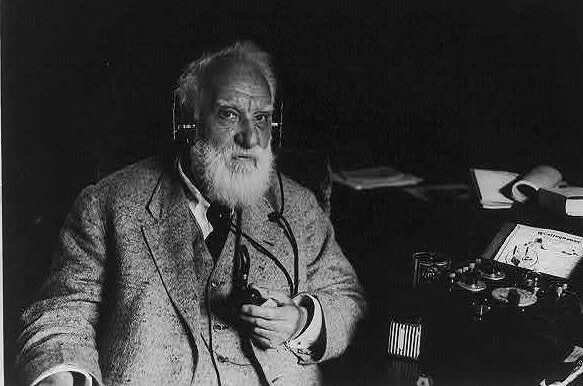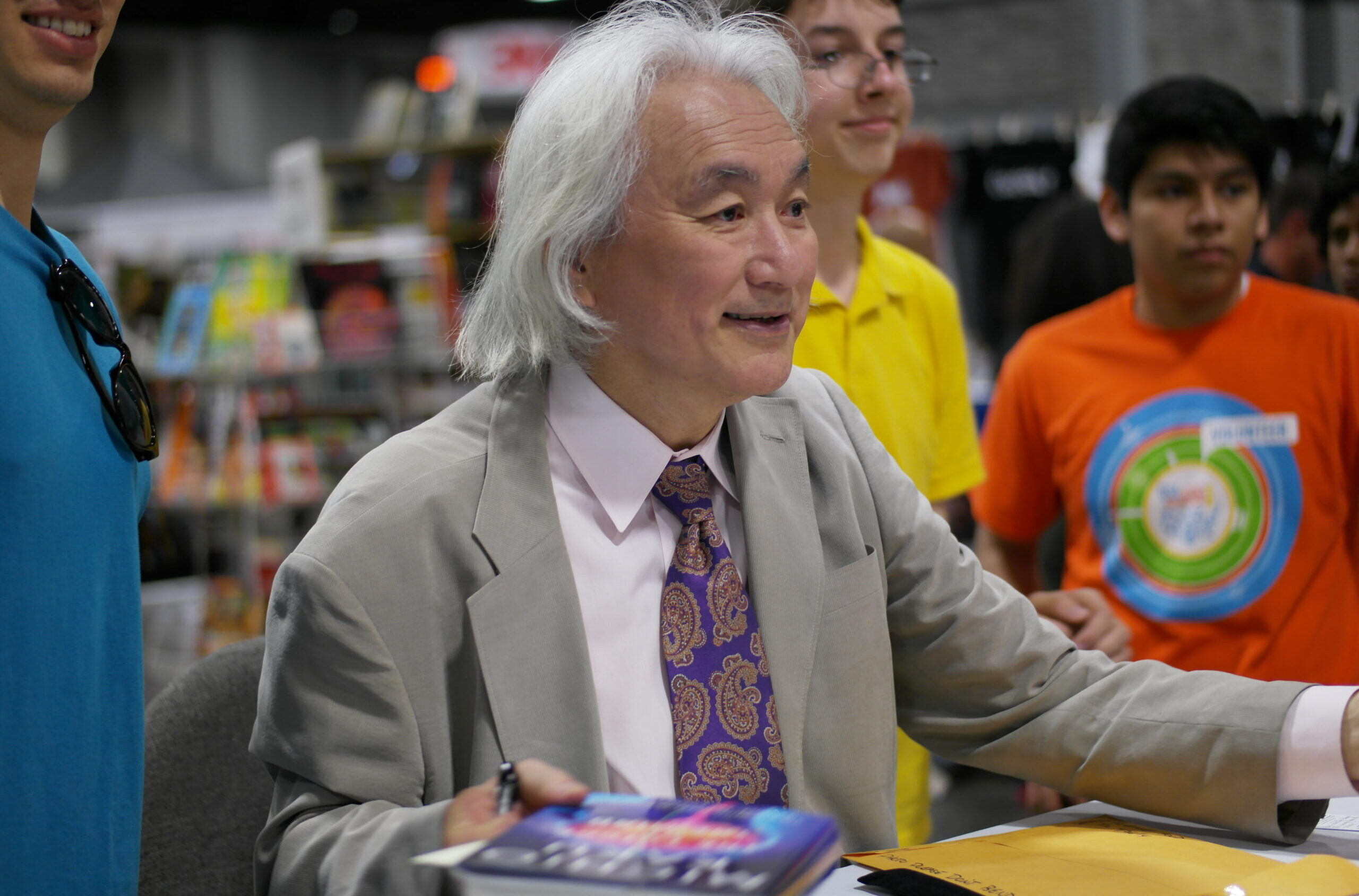Alexander Graham Bell, a renowned inventor and scientist, is best known for his revolutionary invention of the telephone and his significant contributions to various scientific fields. Throughout history, he has been highly respected and admired for his groundbreaking work. However, like many notable figures, his life has not been devoid of controversies. This article delves into certain debates and disputes associated with Alexander Graham Bell and his inventions, shedding light on the complex nature of his legacy.
Invention of the Telephone:
One of the most prominent controversies linked to Alexander Graham Bell revolves around the invention of the telephone. Bell found himself embroiled in legal battles with other inventors, most notably Elisha Gray and Antonio Meucci, who also claimed credit for inventing the telephone or contributing to its development.
Patent Dispute with Gray:
The patent dispute between Alexander Graham Bell and Elisha Gray is a well-documented chapter in the history of invention. Both inventors filed patent applications for the telephone on the same day, igniting a contentious legal battle to determine rightful ownership. Ultimately, in 1876, the U.S. Patent Office awarded the patent to Bell, and the courts upheld this decision.
Controversy over Meucci’s Contributions:
Another hotly debated topic is the role of Antonio Meucci in the invention of the telephone. Some historians argue that the Italian inventor Meucci should be credited with its creation, asserting that his work predated Bell’s patent application. This controversy has spurred discussions about Meucci’s contributions and recognition.
Telephone Monopoly and Bell Telephone Company:
Following his patent victory, the Bell Telephone Company was established, leading to a monopoly over telephone technology in the United States. Critics raised concerns about this monopolistic control over communication networks and its potential adverse impact on consumers and competitors.
Debate on Deaf Education:
Alexander Graham Bell’s involvement in the education of the deaf sparked heated debates, particularly regarding his advocacy for oralism. This approach aimed to teach deaf individuals to communicate through speech and lip-reading. However, some members of the deaf community advocated for sign language as the primary mode of communication, leading to a lasting debate over the most effective educational approach for the deaf.
Eugenics Advocacy:
Bell’s support for eugenics is a highly controversial aspect of his legacy. Eugenics is a belief system promoting selective breeding to improve the genetic quality of the human population. While such ideas were prevalent during his time, they have been widely criticized in modern society for their morally questionable nature.
Association with Colonial Policies:
Criticism has been directed towards Bell for his views on indigenous populations and their association with colonial policies. His support for eugenics extended to discussions about the “improvement” of indigenous communities, raising concerns about cultural imperialism and colonialism.
Views on Immigration:
Alexander Graham Bell’s stance on immigration has also been a subject of criticism. He expressed concerns about the influx of immigrants into the United States, advocating for policies to restrict immigration. Such views have been scrutinized for their exclusionary nature and potential harm to vulnerable populations seeking better opportunities.
Marriage and Family Life:
Bell’s personal life has been the focus of interest for biographers and historians. His marriage to Mabel Gardiner Hubbard and their family dynamics have been explored in various historical accounts, offering insights into the complexities of his personal relationships.
Legacy of the Telephone:
While the telephone revolutionized communication and transformed society, its impact has also sparked discussions about privacy, interpersonal relationships, and social behavior. These debates continue to shape our understanding of the telephone’s enduring influence on modern life.
Conclusion:
Alexander Graham Bell’s life and legacy are multifaceted, reflecting both groundbreaking achievements and controversies. While he remains celebrated for his contributions to communication technology and science, it is vital to approach historical controversies with a critical and nuanced perspective. The debates surrounding Bell’s inventions and personal views add depth to our understanding of this influential figure in history, reminding us of the complexities inherent in the lives of remarkable individuals.




